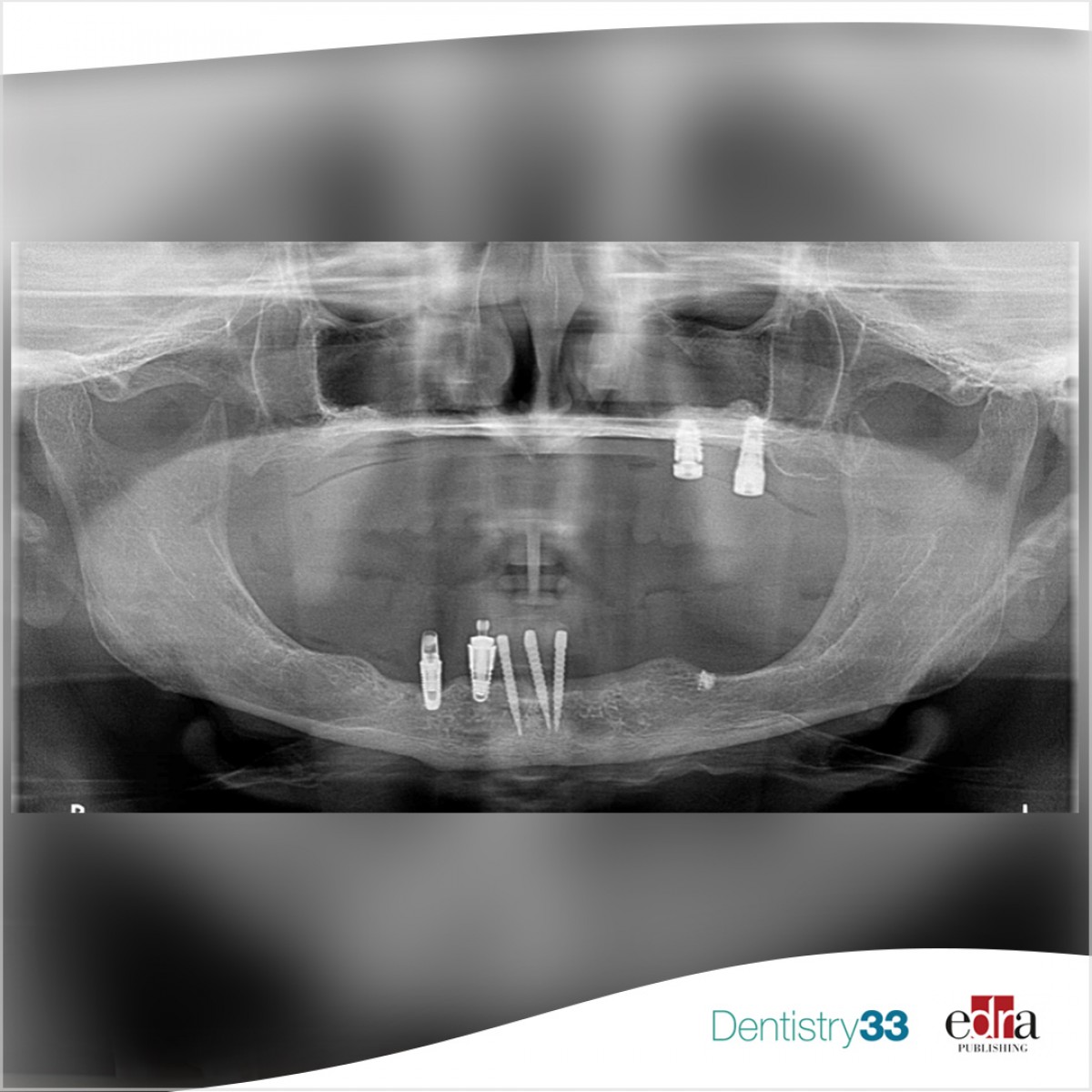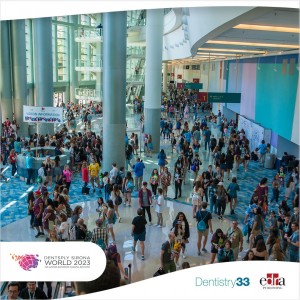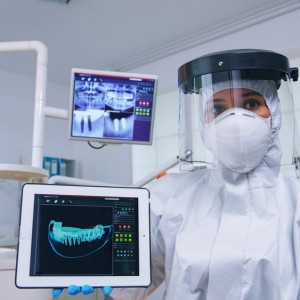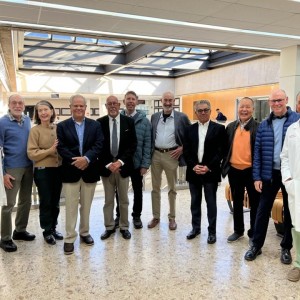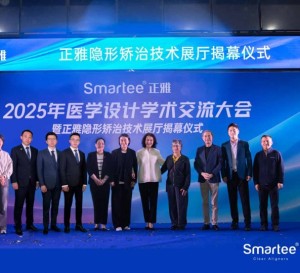
Full-arch implant rehabilitation: digital or traditional impression?
Simona Chirico
Digital dental technology has recently gained considerable popularity and has now been widely incorporated into the prosthetic and implant workflow. Dentists working with edentulous patients have not always used traditional impressions when creating a full arch prosthesis on implants.
The introduction of digital technology, however, allows digital impressions to be made through intraoral scans, even in edentulous patients. It can even be done during a complex procedure due to the absence of anatomical landmarks, such as teeth. The accuracy of this approach is widely discussed in scientific literature.
Materials and methods
The study published by Chochlidakis et al. compared the accuracy of digital impressions with traditional ones in the rehabilitation of completely edentulous patients using full-arch prostheses on implants.
Sixteen patients were analyzed in the study. Patients who had been completely edentulous for at least one year and who were wearing conventional full dentures in at least one jaw — and who did not require vertical or horizontal grafting procedures — were included in the study.
Conventional impressions were produced for all patients, scanned subsequently with a desktop (extraoral) scanner and digital impressions were created via full-arc digital intraoral scans. The extraoral and intraoral scans were superimposed and analyzed with reverse engineering software.
The main outcome was to evaluate the accuracy between conventional impression scans and full arch fingerprints. The secondary outcome, on the other hand, was to evaluate the effect of the number of implants on the 3D (3 Dimensional) precision of the impressions using the Spearman coefficient.
Results
The 3D deviations between the full-arch intraoral and extraoral virtual scans of the casts generated from conventional impressions were found to be 162 ± 77 microns.
In the 4-implant group, 5-implant group and 6-implant group, the 3D deviations were found to be 139 ± 56 μm, 146 ± 90 μm and 185 ± 81 μm, respectively. A positive correlation was found between the increase in the number of implants and 3D deviations, but the differences were not statistically significant.
Conclusions
From the study data, researchers concluded that the 3D precision of digital scans to create prostheses on full arch implants falls within a clinically acceptable threshold.
Chochlidakis, Konstantinos et al. "Digital Versus Conventional Full-Arch Implant Impressions: A Prospective Study on 16 Edentulous Maxillae." J Prosthodont. 2020 Apr;29(4):281-286. doi: 10.1111/jopr.13162.
 Tag
Tag
 Related articles
Related articles
Prosthodontics 29 April 2025
An abnormally small oral orifice is defined as microstomia. Microstomia may result from epidermolysis bullosa (EB), which consists of a group of disorders characterized by the presence of mechanical...
Prosthodontics 07 February 2025
Prosthodontic Rehabilitation for Edentulous Patients With Palatal Defect: Report of Two Casesv
Cancer resection is the most common cause of acquired palatal defects, whereas cleft palate is the main cause of congenital defects.
News 06 November 2024
Market Insights on Edentulous Treatment: Forecasting Growth Across Key Regions
The “Global Edentulous Treatment Market (2024 Edition): Analysis by Type (Complete, Partial), by Material, by Fixation, by Region, by Country: Market Insights and Forecast (2020-2030)”
Digital Dentistry 14 December 2023
Digital vs conventional impressions in edentulous patients: a systematic review
As people’s age increases, the rehabilitation of completely edentulous patients using conventional complete dentures has become widespread.
USA 21 September 2023 - 23 September 2023
Early Bird pricing available through July 15
This year’s "Ultimate Experience in Digital Dentistry" will be a special learning opportunity with two live procedures for participants to observe and learn from. Renowned experts Drs. Mark Ludlow...
 Read more
Read more
Digital Dentistry 19 November 2025
Increasing awareness of tooth fracture, both complete and incomplete, as a significant disease entity has led to improved diagnostic techniques.
Editorials 19 November 2025
As Ellen Simmons-Shamrell of the Class of 1977 wrote her annual check for the Michael D. Scotti, DMD Endowed Scholarship—established in memory of her late classmate—she reflected on how different...
Products 19 November 2025
Smartee Denti-Technology has unveiled the Smartee Digital Orthodontic Technology Exhibition Hall, a 1,200-square-meter space dedicated to showcasing the company’s innovations in clear aligner...
News 19 November 2025
Coupa, the global leader in AI-powered spend management, today announced a new collaboration with Specialized Dental Partners, a premier dental support organization (DSO) dedicated to enabling its...
News 19 November 2025
Breakthrough T1D has been selected as a 2025 Health Access Hero Award grant recipient by Sun Life U.S. and DentaQuest.


